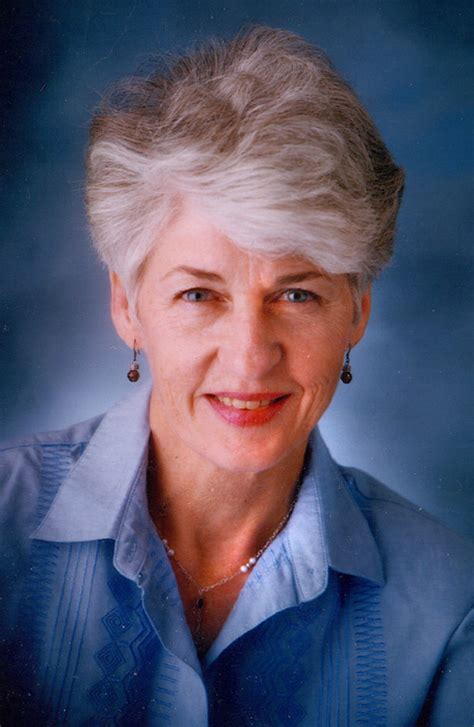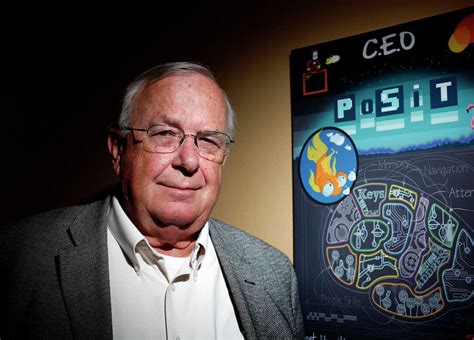A Quote by Drew Barrymore
To be honest, I don't have data in my brain of how a relationship with a man is supposed to function.
Quote Topics
Related Quotes
Chunking is the ability of the brain to learn from data you take in, without having to go back and access or think about all that data every time. As a kid learning how to ride a bike, for instance, you have to think about everything you're doing. You're brain is taking in all that data, and constantly putting it together, seeing patterns, and chunking them together at a higher level. So eventually, when you get on a bike, your brain doesn't have to think about how to ride a bike anymore. You've chunked bike riding.
Most of our brain cells are glial cells, once thought to be mere support cells, but now understood as having a critical role in brain function. Glial cells in the human brain are markedly different from glial cells in other brains, suggesting that they may be important in the evolution of brain function.
In the traditionally taught view of perception, data from the sensorium pours into the brain, works its way up the sensory hierarchy, and makes itself seen, heard, smelled, tasted, felt - "perceived." But a closer examination of the data suggests this is incorrect. The brain is properly thought of as a mostly closed system that runs on its own internally generated activity.
Since functional brain imaging first emerged, we have learned that there aren't very many brain regions uniquely responsible for specific tasks; most complex tasks engage many if not all of the brain's major networks. So it is fairly hard to make general psychological inferences just from brain data.
Then the highest state of love is prayerfulness. In prayerfulness there is communion. In sex there is the I/it relationship, in love the I/thou relationship. Martin Buber stops there; his Judaic tradition won't allow him to go further. But one step more has to be taken that is neither 'I' nor 'thou' - a relationship where I and thou disappear, a relationship where two persons no longer function as two but function as one. A tremendous unity, a harmony, a deep accord - two bodies but one soul. That is the highest quality of love. I call it prayerfulness.




































